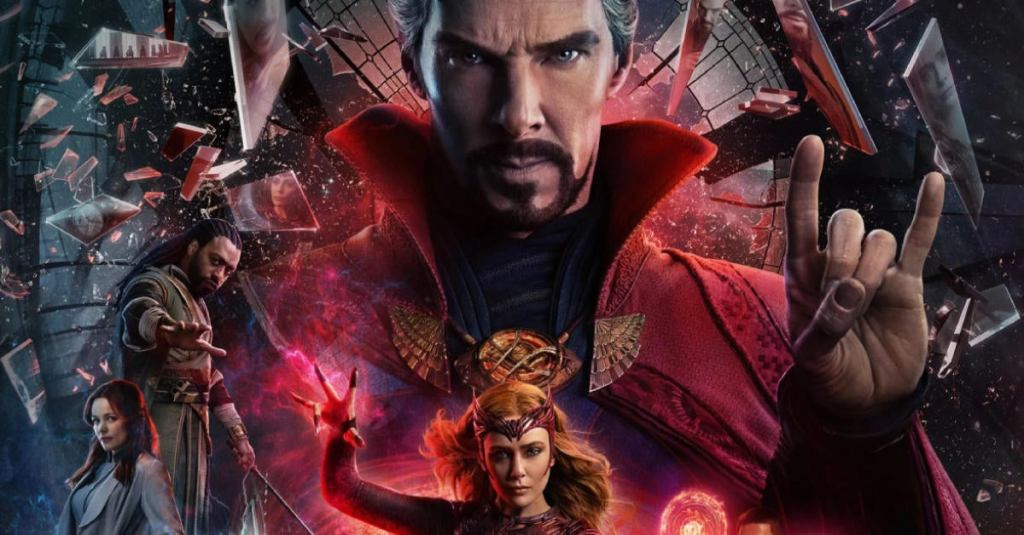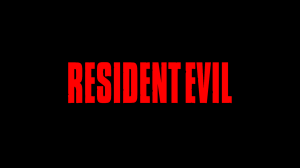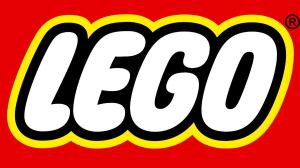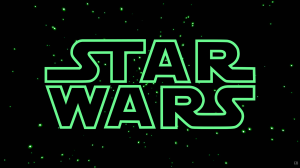In his 1977 zine Omniverse, Mark Gruenwald, a stalwart comic fan who would go on to create and edit dozens of key Marvel characters, argued that we weren’t thinking big enough with our comic multiverses. Sure, both Marvel and DC had toyed with the idea of parallel Earths, but Gruenwald believed that the concept wouldn’t be taken to its fullest potential until it could cross over with all that fiction had to offer — and maybe even our real world itself. This kept crossing my mind while I was watching Doctor Strange in the Multiverse of Madness, the latest in the ever-evolving string of Marvel Cinematic Universe blockbusters and Disney+ television shows, and the first to let the idea of the multiverse truly flourish. After years of the franchise incrementally teasing the idea of the onscreen Avengers crossing over with other universes, Multiverse of Madness ambitiously kicks that door wide open, and it does so in a unique and decisive fashion. Doctor Strange in the Multiverse of Madness is unpredictable, inventive, and undoubtedly mesmerizing — and the MCU is better off for it.
Videos by ComicBook.com
As the title suggests, Multiverse of Madness sees Stephen Strange/Doctor Strange (Benedict Cumberbatch) pulled into an interdimensional adventure after accidentally crossing paths with a young and powerful girl named America Chavez (Xochitl Gomez). As Strange, America, Wong (Benedict Wong), and Wanda Maximoff/Scarlet Witch (Elizabeth Olsen) all try to make sense of the positives and negatives that the multiverse has to offer, they are pulled into a conflict that could have significant consequences.
To say anything more about Multiverse of Madness‘ plot would incredibly undercut the wide array of what the film has to offer, a topic that has been debated about at length in the lead-up to its release. The film uses the trope of the multiverse to weave in incredibly specific concepts and characters from the larger tapestry of Marvel lore — elements that would have seemed unheard of in the MCU a few years ago (and, honestly, still seem absolutely surreal when they’re laid out in the film). Some of this is thanks to a spattering of lines of dialogue and aesthetic flourishes, as well as the story’s clever take on the “Illuminati,” an ensemble of Marvel’s most powerful minds whose presence in the marketing materials have launched months of speculation. That being said, anyone expecting Multiverse of Madness to be a carousel of every possible Marvel cameo that has existed (or could exist) is going to be left disappointed — if only because the film’s approach to the larger canon of Marvel is something more complex and unusual. Some viewers will probably see that approach as bloated, especially if they’re not already invested in the various concepts, as the film does not really hold your hand with regards to introductions and exposition, and some of the elements feel disconnected from what has been established about the MCU’s Doctor Strange. But there’s an ambition on display that still feels admirable, and harkens back to the countless event comic titles that have been published in mainstream superhero books over the years.
In the hands of any other creative team, Multiverse of Madness could have easily become that carousel ride of gimmicks — but thanks to director Sam Raimi and writer Michael Waldron, it’s able to be grounded just enough in a strong emotional core. Waldron’s script takes the traditional MCU one-liners and gives them just a bit more whimsy and personality, while still legitimizing the gravity of what the characters are going through. This meshes perfectly with Raimi’s directing sensibilities, and creates a clever but earnest tone that will (rightfully) draw comparisons to his revolutionary work on Sony’s original Spider-Man trilogy. All the while, the film tackles the idea of regret, grief, and having empathy towards yourself — and the way it decides to tackle those things is genuine and, for the most part, effective. (Wanda’s storyline, in particular, finds a way to build upon her excellent character arc in the WandaVision Disney+ series while also zigzagging into something that feels surprising, but not unprecedented.) One of the most shocking elements of Multiverse of Madness might be its run time of just over two hours, as the film feels like a justifiable stretch of time to spend with its characters, while still leaving a fair amount of narrative meat on the bone.
Where Multiverse of Madness truly excels is in Raimi’s sense of spectacle, which is put on display to an astonishing degree from the first frame. The film is jam-packed with Dutch angles and vibrant colors (including the costume designs from Graham Churchyard, which are stunning), as well as the most gleefully outrageous score Danny Elfman has put to film in recent memory. Multiverse of Madness also lets Raimi unabashedly run wild with his horror roots, creating at least a dozen of the most visually compelling and terrifying sequences the MCU has ever had. Those sequences aren’t afraid to get campy, outrageous, and truly brutal to watch, which will not only please horror fans, but those who have hoped to see the MCU get away from its early “world outside your window” realism. While there are a small handful of moments where the CGI is distractingly underbaked, they’re vastly outweighed by visuals that are absolutely mind-boggling to look at, many of which feel ripped straight from Steve Ditko’s groundbreaking and trippy early comic work on the character.
After the hurdle of being introduced in his solo movie and a string of supporting appearances, Cumberbatch seems perfectly at home playing Stephen Strange in Multiverse of Madness, and gets to embody both the stoic and more whimsical aspects of his comic counterpart. WandaVision already proved to be a stellar acting showcase for Olsen, but Multiverse of Madness cements her as one of the best performers the MCU has ever had, and illuminates sides of Wanda that are electrifying on the big screen. One of the biggest highlights of the film is easily Gomez’s star-making turn as America Chavez, who not only embodies the scrappy spirit of her comic counterpart, but brilliantly fits in alongside the veteran franchise actors. Wong’s performance as the new-ish Sorcerer Supreme further proves that he is one of the unsung heroes of the MCU, and Rachel McAdams, whose Christine Palmer was flattened down to an unremarkable “Girl Friday” in the first Doctor Strange film, finally gets to shine this time around.
In the same way that Sam Raimi’s Spider-Man helped cement what a modern superhero blockbuster could be, it feels like Doctor Strange in the Multiverse of Madness is one of the first postmodern superhero blockbusters. The film is tasked with being both a worthy follow-up to the complicated, decade-long storylines of two of Marvel’s most mystical characters, as well as the gonzo foray into what are sure to be many, many more multiversal stories within the MCU. By and large, the film succeeds on both fronts, and its few stumbles are still vastly more entertaining than they could be in the hands of a lesser cast and crew. While viewers’ mileage about some of the specifics of Multiverse of Madness will surely vary, there’s nothing wrong with that — and if anything, it only illustrates a small amount of how complex and weird Marvel’s pop culture presence can become. What anchors the project throughout are incredibly strong performances, enticing references to decades of the larger Marvel world, and the most compelling directing choices that Phase 4 of the franchise has had. To put it simply, Doctor Strange in the Multiverse of Madness is the MCU equivalent of a heaping plate of food at a buffet — it’ll give you a lot to chew on for the moment, but it’s only a small sampling of the delicious things that are out there.
Rating: 4 out of 5
Doctor Strange in the Multiverse of Madness will be released exclusively in theaters on May 6th.









